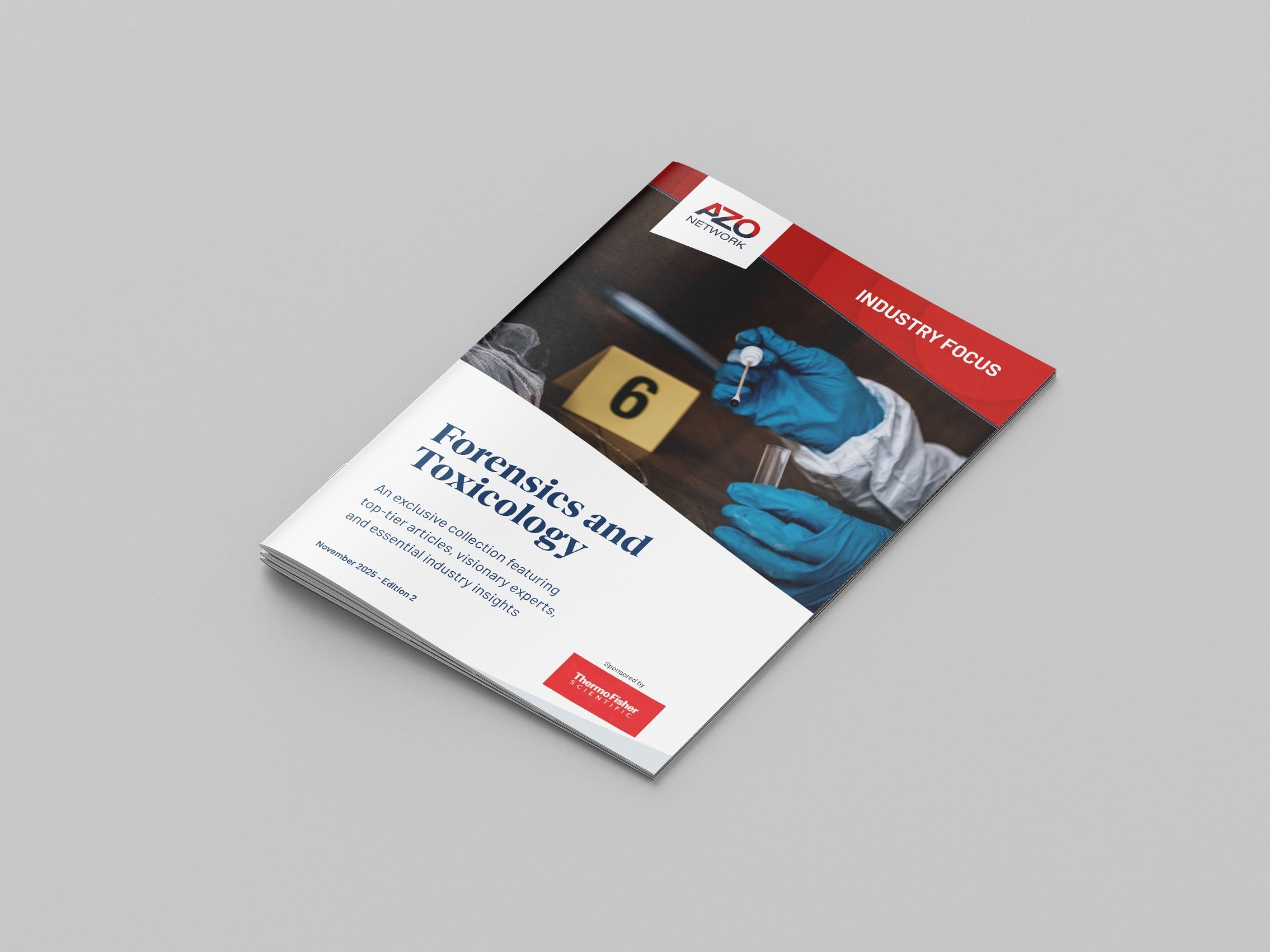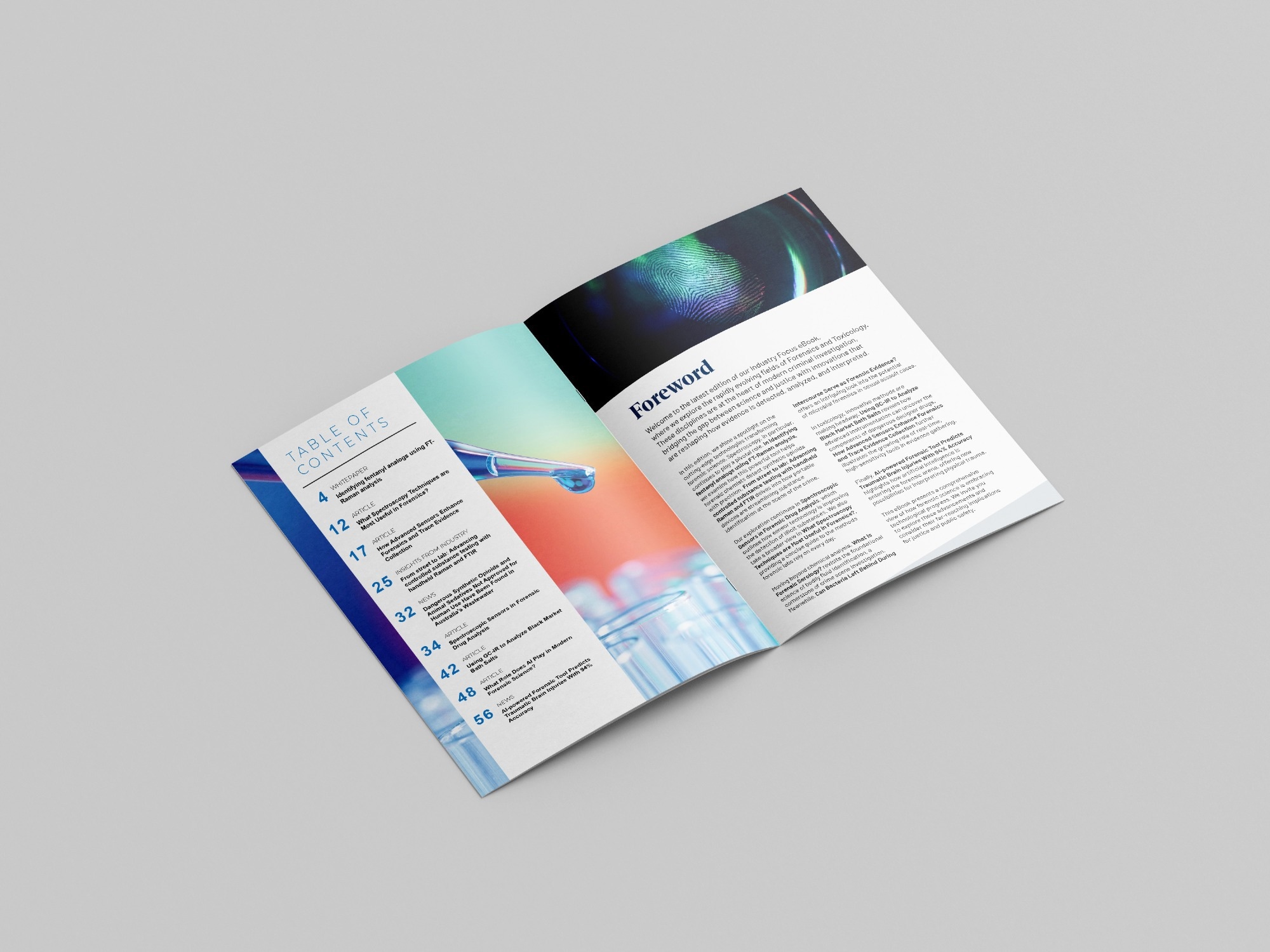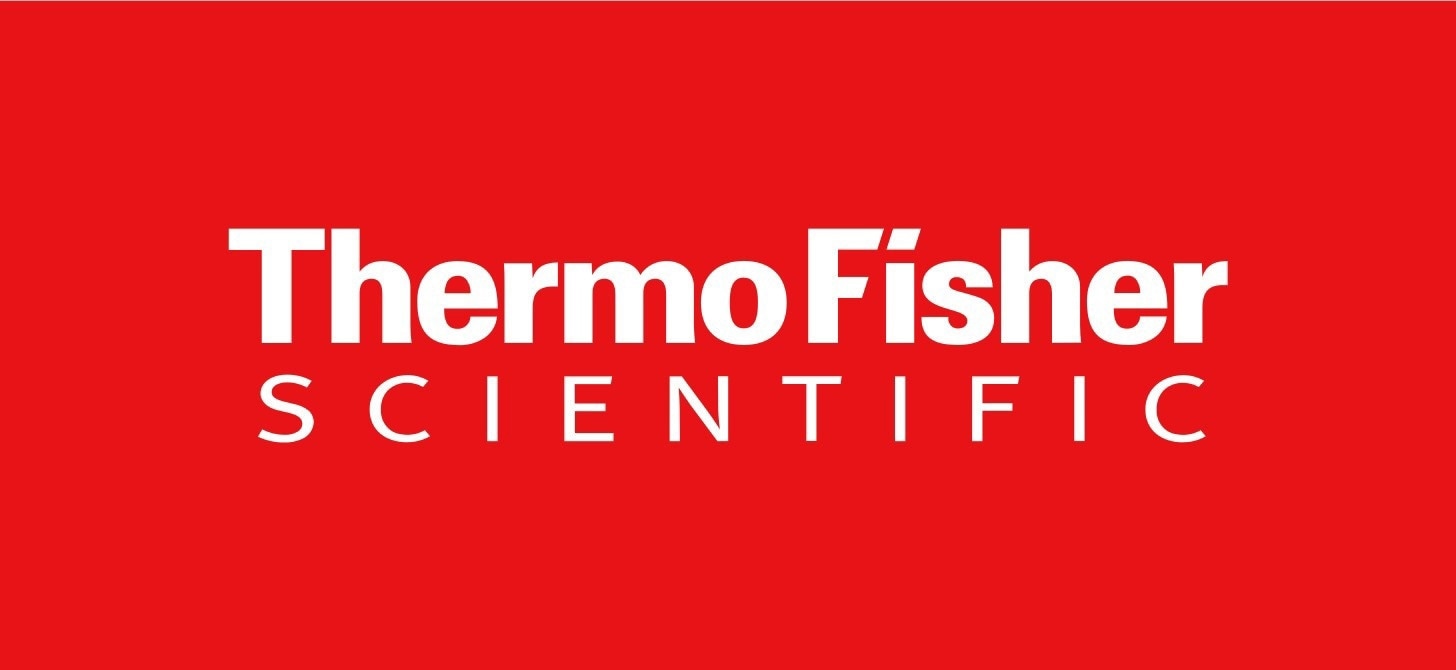Analytical science is advancing rapidly, changing how investigators, researchers, and public health professionals tackle challenges in crime, safety, and toxicology. In the second edition of our Industry Focus eBook, experts share insights and new research that show how emerging technologies are improving the accuracy, speed, and reliability of forensic and toxicological analysis.
Inside, you’ll find expert perspectives on how technologies like spectroscopy, AI, and next-gen sensors are being used in real-world forensic and toxicology work. From improving crime scene analysis to making toxic substance detection faster and more accurate, these tools are changing how professionals tackle complex challenges.
You’ll also find case studies that show how forensic science connects with public health and environmental toxicology, along with a look at the latest portable instruments that help investigators get answers quickly - right at the scene.
Download the eBook

Highlights
- Detecting dangerous synthetic opioids with advanced spectroscopy techniques
- Comparing the most effective tools used in modern forensic labs
- Exploring how portable sensors improve trace evidence collection
- Enhancing field testing of controlled substances with handheld instruments
- Identifying emerging drug threats through wastewater analysis
- Uncovering the chemical makeup of illicit substances using hybrid methods
- Using AI to improve accuracy and prediction in forensic investigations
Whether you're in forensic science, toxicology, law enforcement, or public health, this eBook offers practical insights into the tools and technologies making a real difference in the field.
Grab your copy and see how these innovations are helping professionals work smarter, faster, and more accurately every day.
Download the eBook

About Thermo Fisher Scientific - Vibrational Spectroscopy
With over 50 years of experience in spectroscopy innovation, Thermo Fisher Scientific's vibrational spectroscopy solutions - including near-infrared (NIR), multi-range Fourier transform infrared (FTIR), and Raman instruments - deliver the performance, reliability, and ease-of-use you need to succeed.
Perform raw material identification, differentiate between polymorphs, and analyze formulated products with specificity, speed, and reliability. Analyze biological samples for protein structure elucidation, protein stability, protein-protein interaction, lipid modifications, tissue imaging, analyzing plant extracts, and more with complementary vibrational spectroscopy techniques. With software tools to support data integrity and required validation protocols, and hardware modules designed to work 24-7-365 with minimal re-qualification needs, these spectrometers help you comply with pharmacopeia regulatory requirements while getting the job done.
The Thermo Scientific™ Nicolet™ family of spectrometers are designed to be used in research labs, at-line production, and even at the loading dock to provide the information you need to make critical decisions fast, and with confidence. From drug development and quality control to the identification of the chemical structure of samples and detection of defects and contaminants, Thermo Scientific Raman spectrometers make it easy to characterize molecular structures without becoming a Raman expert.
Sponsored Content Policy: News-Medical.net publishes articles and related content that may be derived from sources where we have existing commercial relationships, provided such content adds value to the core editorial ethos of News-Medical.Net which is to educate and inform site visitors interested in medical research, science, medical devices and treatments.